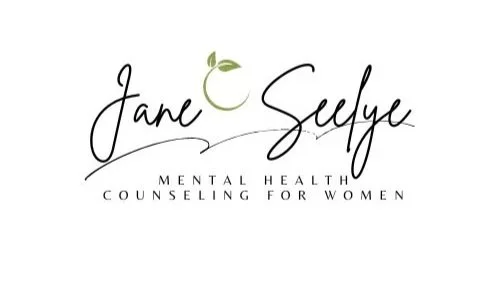Supporting Women’s Wellbeing: Nurturing Your Whole Self
In a world that often asks women to do more, be more, and carry more, sometimes without pause or permission to tend to their own inner life, it’s no wonder exhaustion, disconnection, or self-doubt can creep in over time.
Whether you’re juggling work, family, community, or your own dreams, it’s easy to lose sight of your own needs amidst the swirl of daily life.
Supporting your wellbeing isn’t about adding another task to your to-do list. It’s about reclaiming your relationship with yourself, your body, your emotions, your inner wisdom, and making space for all of it to be seen, felt and honored.
What Wellbeing Truly Means?
Well-being is not a checklist or quick fix. It’s a full-spectrum experience, mind, body, heart, and spirit. It’s a lived, evolving relationship with your whole self:
Physical & sensations: listening to your body’s signals, moving through life with ease and purpose
Emotional & inner life: Tuning into what’s alive inside of you, without judgement
Mental & meaning: Choosing what nourishes your mind and supports clarity
Relational & boundary: being in connection without losing yourself, creating relationships and environments that support and uplift rather than deplete you
Wellbeing becomes possible when you give yourself permission to tend to all these parts, not as an ideal, but as an unfolding process that honors your changing needs.
The Unique Challenges Women Face
Many of the demands that erode our wellbeing feel “normal” because we see them everywhere:
The disproportionate expectation to balance multiple roles along with the often invisible emotional labor
Gender discrimination, double standards, and biases
Systemic inequalities that affect mental and physical health
Acknowledging these challenges isn’t about feeling stuck; it’s about seeing clearly where extra care and compassion are needed.
Gentle Practices That Nourish
You don’t need to redesign your life overnight. Small, consistent gestures of care lead to gradual transformation.
Here are some simple ways to nurture yourself, even on busy days:
1. Check In With Your Body Daily
Take a moment, right now, if you can, to notice how your body feels.
Is there tension, ease, discomfort, or energy?
Simply noticing without needing to change anything is a powerful step toward self-awareness and care.
2. Create Mini Moments of Calm
Even five minutes can help:
Deep belly breaths
Gentle stretching or movement
Drinking tea with intention
Sitting quietly by a window
These small pauses add up, creating space for renewal throughout the day.
3. Set Compassionate Boundaries
Saying yes to yourself sometimes means saying no to others.
Let your “no’s” protect your yes’s. Statements like “I’ve had enough right now” or “I need space” aren’t unkind, they honors your limits.
4. Connect with Community
Find or deepen relationships that feel supportive and nurturing.
Spend time, however little, with people who see you, support you, and reflect back what feels true.
Whether it’s a friend, a group, or a therapist, connection is healing.
5. Embrace Your Whole Story
Your experiences, struggles, and joys all belong.
Lean into your unique journey with kindness; it’s part of what makes your wellbeing whole.
A Loving Reminder
You don’t have to do it all perfectly or all at once.
Wellbeing is a practice, a process, a commitment to showing up for yourself, exactly as you are.
As the poet Mary Oliver wrote:
“Tell me, what is it you plan to do with your one wild and precious life?”
What you do with yours matters, and so does how you take care of yourself along the way.
If you’re ready to explore your wellbeing more deeply, I’m here to support you with compassion and care. Feel free to reach out anytime.
